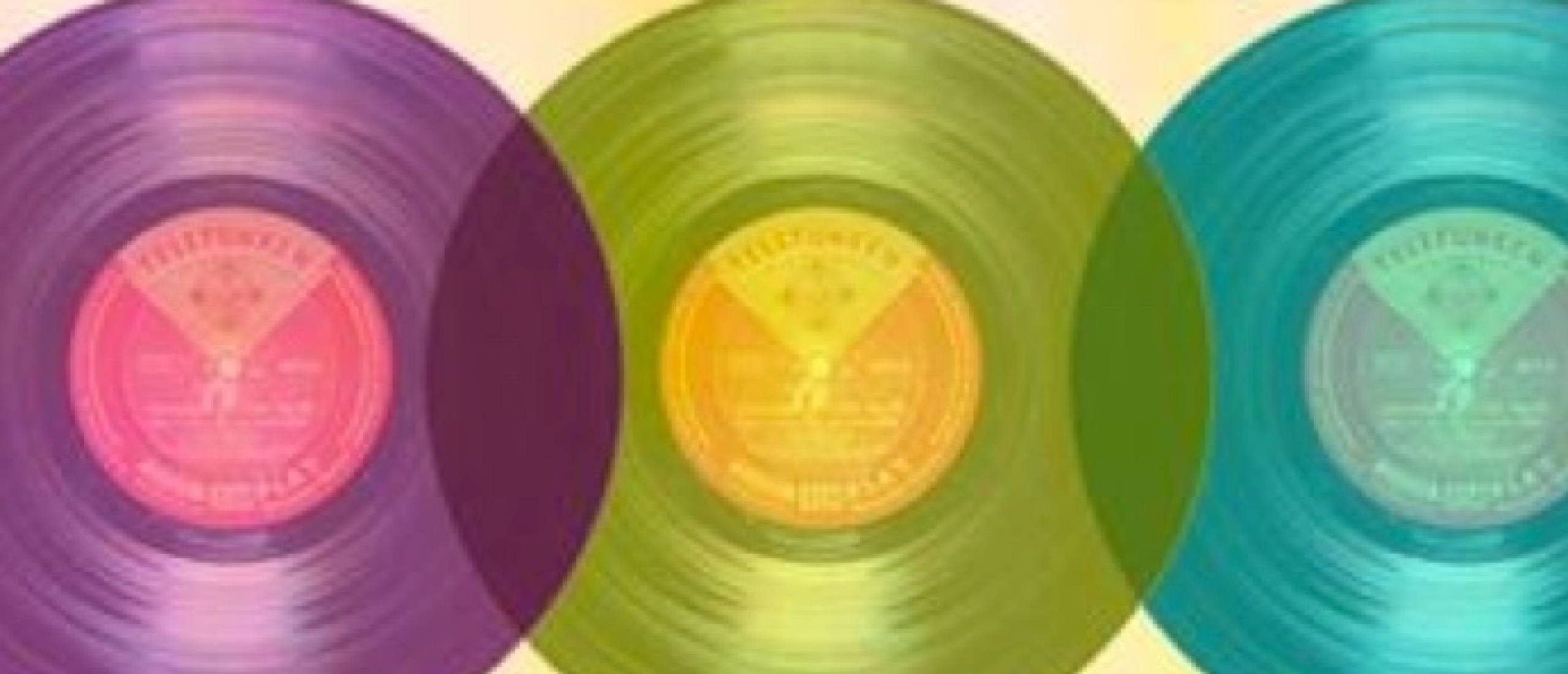Music and the Five Elements:
Sound Vibrations stimulate your Qi energy. Music inspires and works therapeutically through the vibration of sound.
The healing powers of music and dance: The vibration of listening to music has an effect on you. Music can touch you and evoke all kinds of emotions. Dancing can also really give you a boost that makes you happy and energetic. Music is of all times and of all cultures. You listen to music to influence your mood, to express yourself and to promote social connection. Moreover, your music preference tells a lot about your personality.
Music is therapeutic:
Music affects our mood
Music boosts our productivity:
Many find that music makes working more fun and that it makes you function more productively and creatively. Important aspects for increasing productivity through music are the tempo, rhythm and lyrics of the song.
The colourful melodies of bells, wind chimes, bamboo tubes and other Chinese instruments are soothing. Feng Shui music clarifies and can boost the inner self. Based on the I-Ching book of change and the five Chinese tones, Feng Shui music is designed to help people change their lives through the energy the music brings them. It creates productive Qi circulation in the human body and in environments. The combination of these five elements and the corresponding tones spread powerful energies that open doors. Sound stirs mind, body and soul. Beautiful music inspires and sounds from nature can also have a calming effect. Of course, noise pollution is very stressful and harmful.
Qi means 'vital energy
Qi, it is constantly in motion and it changes the life force that we can feel around us, without most people being able to call it by its name. In the home or office, the Qi will flow in through the door and then exit through the windows. The goal of Feng Shui through the movement of furniture, color or objects is to gently circulate the Qi through an environment. Few know that the origin of music therapy comes from TCM - Traditional Chinese Medicine. Before the use of herbs, acupuncture and the development of Tai/Chi and Qigong, it was customary to play musical compositions to promote healing. There are five notes in ancient Chinese music: Namely: Gong, shang, jiao, zhi and yu, which means the same as do, re, mi, la and sol. Each note harmonizes with one of the five elements and one of the organs of the body.
Do is related to the Earth, elements and the spleen. It enriches in nature and gives feelings of seriousness and tranquility. This note can be used for someone who has lived in fear.
Re is related to Metal and the lungs. It clears up and conveys a sense of calm. It can be used for someone who is easily irritated and tense.
Mi is associated with Wood and the Liver. It gives chafing and can fade anger.
La is associated with the element of Water and the kidneys. It cools and is calming and can help with insomnia due to sadness.
Sol is associated with the element of fire and the heart. It displays passion and is invigorating and exciting. The note can be used against depression.
Sir Isaac Newton designed the first color wheel. He connected each colour with a musical scale. Not many people know this about Newton.
Water: The Philosopher. An ethereal and unique essence is expressed in flowing abstract and original movements. This perfect dance belongs to Watermark by Enya
Wood: The Pioneer. An active and introductory essence is translated into quick deliberate movements. This energetic dance belongs to ' Start me up - The Rolling Stones
Fire: The Pleasure Maker. An enthusiastic and passionate essence is translated into cheerful, fun loving and sexy movements. This amorous dance is part of 'I am too sexy for My Shirt.
Earth: the Peacekeeper. The nurturing and loyal essence is translated into slow, supportive, and steady movements. Includes a group hug. This supporting dance belongs to "Lean on me" by Bill Withers.
Metal: The Perfectionist. The luxuriously demanding essence is translated into orderly, beautiful movements. This beautiful dance belongs to ' The Vienna Waltz, by Johann Strauss.
Sound: Listening to music can help on bad days, it can help to relax and relieve negative feelings. Listening to soothing music or repeated fragments of sound
Music has the power to help people. A song can bring back memories, or promote longing for future ideals. Music can bring joy, but also melancholic thoughts, which can inspire or motivate. Music connects like-minded people. The power of the music connects through the magic or the message of the music itself. Closing eyes to favorite music lifts the mind and transmits harmony and connection.
The power of music:
Cows really gave more milk when music was played in the barn. Farmers from southern India believe that natural sounds ensure healthy growth of sugarcane through humming and buzzing insects. Experiments prove that plants in greenhouses grow faster when there is music. Germination, growth, flowering, fruits and seeds come about earlier with music from a low frequency. We have all experienced moments when emotions are also part of music. Especially when we consider that our body can sometimes be out of tune, due to stress or other causes.
Examples:
Water the Philosopher - Adele - Make You Feel My Love, Frozen.
Wood the Pioneer - Caro Emerald – Stuck, Ray of Light.
Fire, the funlover: Kaoma Lambada, Holiday songs.
Earth, the collector: Alain Clark - Blame it on me, Crazy For You.
Metal, the precise thinker: Heather Nova -River Of Life, Rain on me.
Music and Qi: Traditional Chinese music can inspire Qi. According to the ancient principles of Feng Shui, Qi can be diffused throughout the human body.
Acupuncture and Feng Shui music: Music has a calming effect to relax muscles. Feng Shui music can be used to support the ancient healing art of acupuncture.
See you at my next Blog enjoy your day, from Geraldine


